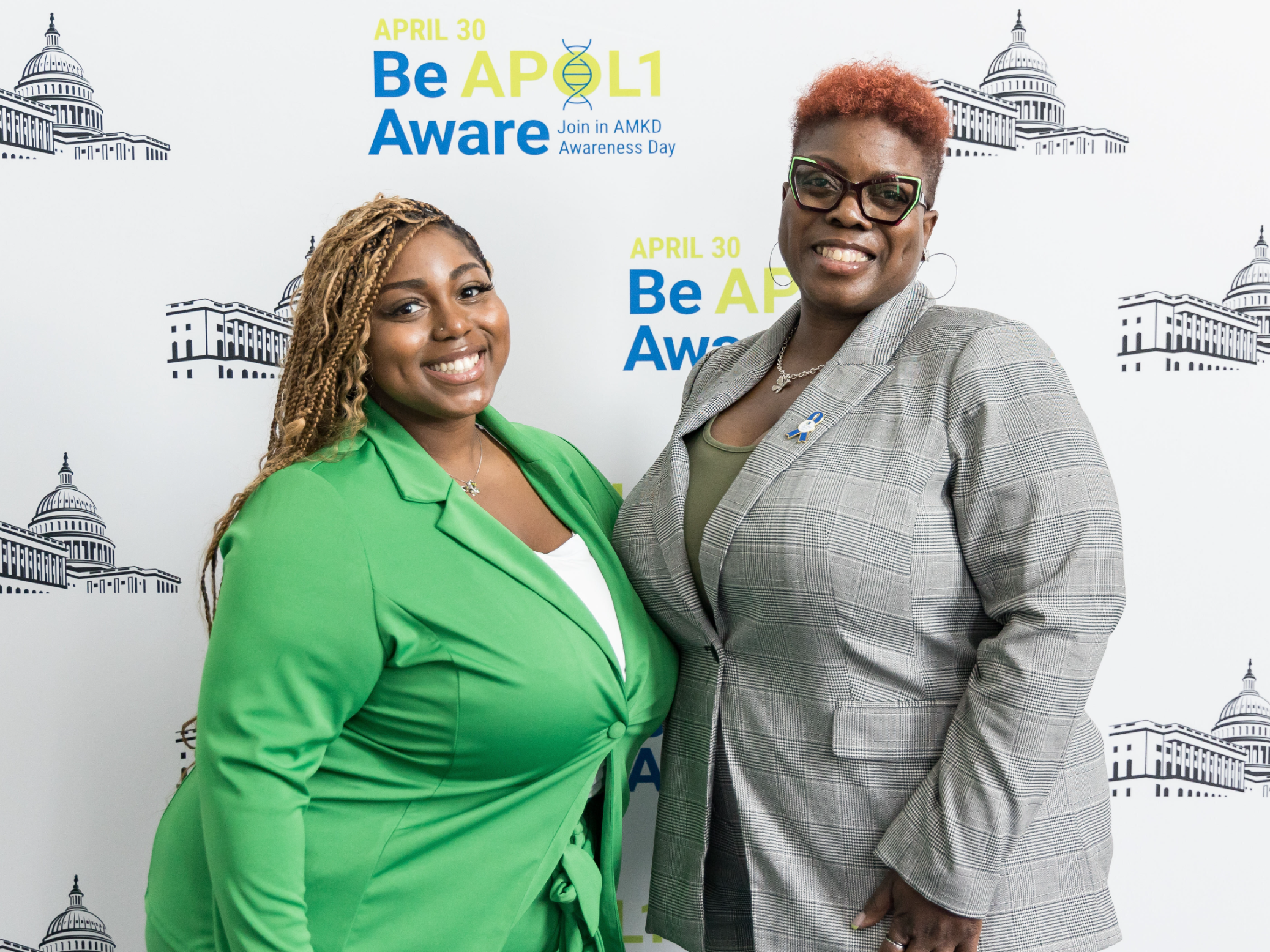
When Ladarehius Cockrell was in sixth grade, he was flunking math. His pediatrician had informed his parents that the Concerta and Guanfacine medication he was taking for his attention hyperactivity deficit disorder (ADHD) would eventually worsen his heart condition. Regina and Napoleon Cockrell decided to take their son off the drugs, despite knowing that would make it more difficult to keep him on track at school. Instead of losing hope, Ladarehius’s parents became Tiger Parents. During the school year they worked with his teachers in the Grand Prairie Independent School District in Texas, explaining his diagnosis and coming up with strategies for learning through repetition of theories, ideas and principles uniquely tailored for Ladarehius. They quizzed their son’s teachers about where he was falling short and what was required to anchor him. Relentlessly, they reviewed and supplemented classroom lessons, oversaw homework and e-mailed his teachers daily, ensuring he was up to speed.
“We said, ‘Okay. We’ve got issues. But our child is not going to be pushed into a corner and forgotten,’ ” says Regina. “We were extremely determined that he would not get left behind. We did what we had to do, but we also made our child step up his game.”
The fruit of those combined efforts began to show on Ladarehius’s report card: He replaced Cs and Fs with As and Bs and passed a state-mandated test to get promoted to the ninth grade. “I’ve been doing really well in school since then,” says Ladarehius, now a 17-year-old thriving high school junior who’s exploring his college prospects. “My parents made the biggest difference for me. They told me I had to talk to my teachers and ask questions when I didn’t understand something.”
Parents, educators, educational advocates and policy makers all agree: Floundering students can become top-notch. Making the transition, however, demands a multipronged approach: fully committed students, intensive parental oversight, strategic collaboration with teachers and administrators, and using available supplemental resources. That could mean paying for a tutor, finding free programs or demanding diagnostic tests that identify potential learning challenges (which by law in some states are paid for by public school districts). “Parents must be the lions in their children’s lives, especially in this budget crisis, where kids are being ignored and services are being taken away,” says Darlene Willis, Ph.D., cofounder of Empowering Parents, a San Diego–based organization that consults with educational groups nationwide and works hands-on with local families. “If you’re not engaged—going to back-to-school nights, giving teachers your contact information, knowing when report cards come out—then you’re setting up that child for failure.”
Demand Better
What happens on the home front is indeed vital. The first step is requiring more from your children. Parents who set and plainly articulate high academic standards tend to get desired results, says Lucy Castillo, regional executive director of the nonprofit Citizen Schools. “If you raise the bar far above where kids ever imagined, they will do what’s demanded. I see that every day among our kids who’ve been unfairly labeled as throwaways,” says Castillo.
When Yvonne Ndubuisi’s son was failing third grade, she immediately devised a plan to turn things around. “I built an hour of math homework into every day,” says Ndubuisi, a fourth-grade teacher in Arlington, Texas. “If we went out to dinner, we did math while we waited for our meal.” Practical applications, such as figuring out a tip, had an effect. “I’m so much better at it now,” says her son, Matthew, who started eighth grade this school year. “I wasn’t doing well in math because I wasn’t paying attention. Now I ask about what I don’t know and that makes a difference.”
Ndubuisi says parents have more aids at their disposal than they realize. “Purplemath.com is online and free,” recommends Ndubuisi. “For the first grader struggling through to the high schooler prepping for college, the site has all sorts of exercises and lessons. Parent don’t realize that the books and supplemental materials available at teacher supply stores are available to them as well.”
Set Consequences
Billy and DeWana McCarty used a more aggressive approach. The Winchester, California, parents were stunned when they got word in 2002 that their first grader, Brooklen, hadn’t earned enough passing scores to advance to the next grade. DeWana, who frequently volunteered and visited her child’s classroom, says she never detected anything was amiss. But even after speaking with his teachers, Brooklen earned mostly Cs up until the seventh grade. That’s when his parents started scouting for help. Their search led them to Empowering Parents, which taught the McCartys how to frame questions to educators about their child’s learning and to pay attention to classroom factors, including the optimal seat in class where Brooklen would get the most attention. “Sitting in the T-zone—that’s the area in front of the classroom and right down the middle—makes a difference in how a child is perceived,” explains DeWana, a corporate education coordinator.
Knowing he was frustrating his parents, Brooklen finally got the message. “My mom and dad were sick of me making the same bad grades,” says Brooklen, now a high school junior. So they found a new way to motivate him. “Every time I got a C, I couldn’t play sports,” Brooklen recalls. “But I got a clear message about their priorities and what they wanted for me. Now I’ve got a 3.5 GPA and I’ve decided to walk away from basketball and focus on my academics so I can concentrate on getting into college. I’m extremely motivated.”
Find Outside Help
LaShuna Marbley remembers the day a teacher called her about her daughter JaNai Johnson’s school yard tussle. “My child is a shy girl and the last one you’d expect to be fighting,” says Marbley, an office administrator. “She knows I’m a stickler for education. I always tell her, ‘You’re a leader. You set the standard. You set the bar.’ ” Marbley traces JaNai’s academic backsliding and attitude shift to hanging around the wrong crowd. It happened as Marbley was dealing with the challenges of returning home after serving four years in prison for writing bad checks and drug trafficking. “I had to show her a better way than the one I’d taken,” says Marbley. “I knew that education was her ticket to something better.”
Marbley encouraged JaNai to get away from the bad influences and found help for her in AVID (Advancement Via Individual Determination), a college preparedness program that provides both academic and social support. JaNai availed herself of their tutors, assigned by the Little Rock Public School District in Arkansas, for 90 minutes of each school day. “With my mother’s help, I got my act back together. I’ll be in college in the fall,” says JaNai.
Now more than ever parents have to insert themselves as self-styled activists on their children’s behalf. It’s a hard lesson, one that Brooklen’s dad, Billy, knows all too well. “We needed our own education about what was required of our children and the obligations they needed to fulfill,” he says. “What classes have they completed? How do we shore them up for AP [Advanced Placement] courses or in community service? Knowing all these tidbits helped us establish our own checks and balances. And that’s crucial.”








